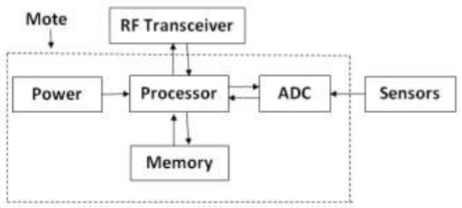Design and Analysis of Soft Computing Based Improved Routing Protocol in WSN for Energy Efficiency and Lifetime Enhancement
Main Article Content
Abstract
Mobile wireless sensor networks have been developed as a result of recent advancements in wireless technologies. Sensors in the network are low-cost and have a short battery life, in addition to their mobility. They are more applicable in terms of the essential properties of these networks. These networks have a variety of uses, including search and rescue operations, health and environmental monitoring, and intelligent traffic management systems, among others. According to the application requirements, mobile wireless sensor nodes are energy limited equipment, so energy conservation is one of the most significant considerations in the design of these networks. Aside from the issues posed by sensor node mobility, we should also consider routing and dynamic clustering. According to studies, cluster models with configurable parameters have a substantial impact on reducing energy usage and extending the network's lifetime. As a result, the primary goal of this study is to describe and select a smart method for clustering in mobile wireless sensor networks utilizing evolutionary algorithms in order to extend the network's lifetime and ensure packet delivery accuracy. For grouping sensor nodes in this work, the Genetic Algorithm is applied initially, followed by Bacterial Conjugation. The simulation's results show a significant increase in clustering speed acceleration. The speed of the nodes is taken into account in the suggested approach for calibrating mobile wireless sensor nodes.

